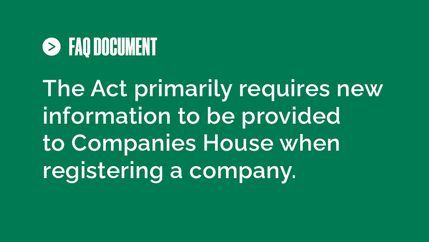
From 1 October 2020, the regulation will prescribe a minimum level of energy efficiency for homes in the Scottish Private Rented Sector (PRS). Failure to comply may see landlords removed from the Scottish Landlord Register as well as receiving up to a £5,000 fine.
The minimum energy efficiency level
From 1 October 2020 all new lets will be required to have an EPC rating of E and as of the 1 April 2022 all new lets must have an EPC rating of D.
The regulations provide that, subject to prescribed exceptions (set out below), a landlord must not grant a new tenancy after 1 October 2020 if the property doesn’t reach the minimum EPC requirements.
Types of exemption:
1) Consent (where a tenant doesn’t allow access to the property)
2) Negative impact on fabric or structure of the property
3) Cost cap (if work to reach the minimum EPC rating exceeds the stated cost caps)
a. During 1 October 2020 to 31 March 2022 would exceed £5,000
b. After 31 March 2022 costs would exceed £10,000
4) Temporary exemption (for six months when a landlord purchases a property)
Enforcement
The regulations will see local authorities enforce these changes in relation to domestic private rented properties. Where an enforcement authority is satisfied that a landlord is in breach, it may issue a penalty notice of up to £5,000.
Our response
In Propertymark’s response to the Energy Efficient Scotland consultation in June 2019, we stressed concern over the £5,000 contribution cap being far too high and not affordable for most landlords. With Scotland’s average monthly rental income being £654 (as of December 2019), this would mean that as of 1 October landlords could see close to 8 months rent spent to meet these regulations.





